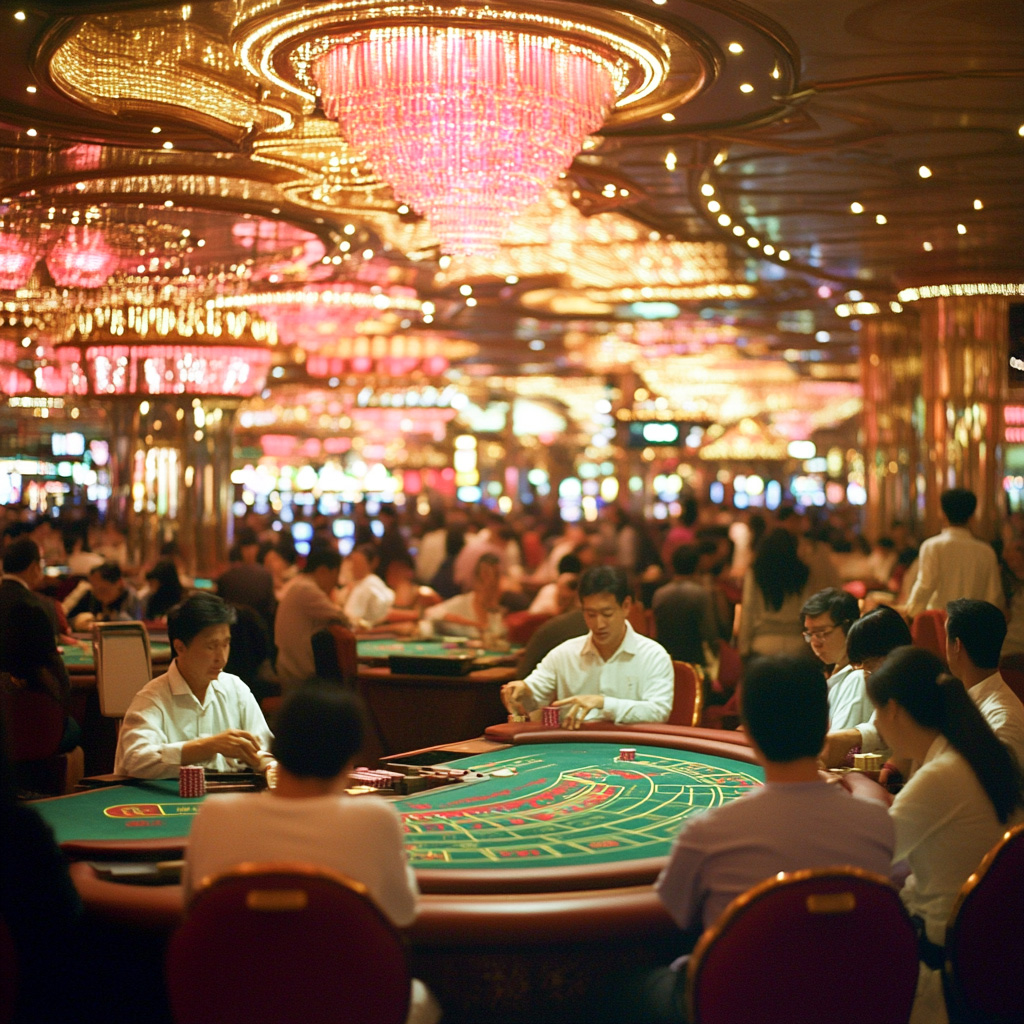Gambling has been a significant aspect of Asian culture for centuries, intricately woven into the social fabric of many nations. From the lively casinos of Macau to traditional games played in rural communities, Asia’s gambling scene is both varied and vibrant. In this blog, we’ll delve into the different forms of gambling found across the continent, their cultural significance, and the unique experiences they provide.
The Casino Hub: Macau
Macau, known as the “Gambling Capital of the World,” has emerged as a premier gaming destination. With lavish casinos like The Venetian and Wynn, Macau attracts millions of tourists annually. The city’s gambling industry generates more revenue than that of Las Vegas, making it a vital economic center.
In Macau, casinos offer a blend of Western and Asian gaming experiences. While traditional games like baccarat are favored by many local players, Western games like blackjack and roulette also enjoy popularity. This mix of cultures creates a distinctive atmosphere appealing to both locals and international visitors.
Traditional Gambling Games
Beyond the glamour of casinos, numerous Asian countries boast rich gambling traditions that reflect their unique cultures. Here are some notable games:
- Mahjong
A game that originated in China, Mahjong is a tile-based game popular throughout Asia. Typically played by four individuals, it combines skill, strategy, and a touch of luck. Mahjong is not just a game; it’s a social event that brings families and friends together, especially during festivals and special occasions. - Sic Bo
Sic Bo is a classic Chinese dice game found in many Asian casinos. Simple yet exciting, players bet on the outcome of three rolled dice. Its recent surge in popularity has made it a common feature in both physical and online casinos. - Pachinko
In Japan, Pachinko represents a distinctive form of gambling that merges elements of pinball and slot machines. Players launch steel balls into a vertical machine, aiming to win more balls that can be exchanged for prizes. Pachinko parlors are widespread in Japan and play a crucial role in the nation’s gambling culture. - Teen Patti
In India, Teen Patti, or “Indian Poker,” is a widely enjoyed card game frequently played during festivals and family gatherings. The game involves betting and bluffing, providing an exhilarating experience for players. Teen Patti has also gained popularity online, with numerous platforms offering digital versions of the game.
Online Gambling: The Emerging Frontier
The growth of online gambling has transformed the gaming landscape in Asia. With technological advancements and increased internet access, many players now prefer the convenience of online casinos. Countries like Singapore and Japan have embraced this trend, with regulated platforms offering a variety of games.
However, the online gambling market in Asia faces challenges. Regulatory environments differ greatly among countries, with some having strict regulations while others are more permissive. This variation creates a complex situation for both operators and players.
Cultural Importance of Gambling
In numerous Asian cultures, gambling transcends mere entertainment; it holds significant cultural and social value. For example, in Chinese culture, games like Mahjong and Sic Bo are often linked to family gatherings and celebrations, serving to strengthen relationships and foster community.
Additionally, gambling is frequently associated with luck and fortune. Many players engage in rituals and superstitions, believing certain practices can enhance their chances of winning. This fusion of tradition and modernity ensures gambling remains a vital part of Asian culture.
Conclusion
Gambling in Asia presents a captivating mix of tradition, culture, and modern influences. From the extravagant casinos of Macau to the age-old games enjoyed at home, the gambling landscape reflects the continent’s diverse cultures. As the industry continues to evolve, it will be interesting to see how Asian gambling traditions adapt to the changing environment while preserving their unique cultural significance. Whether you’re an experienced player or a curious observer, Asia offers a fascinating insight into the rich culture of gambling.


